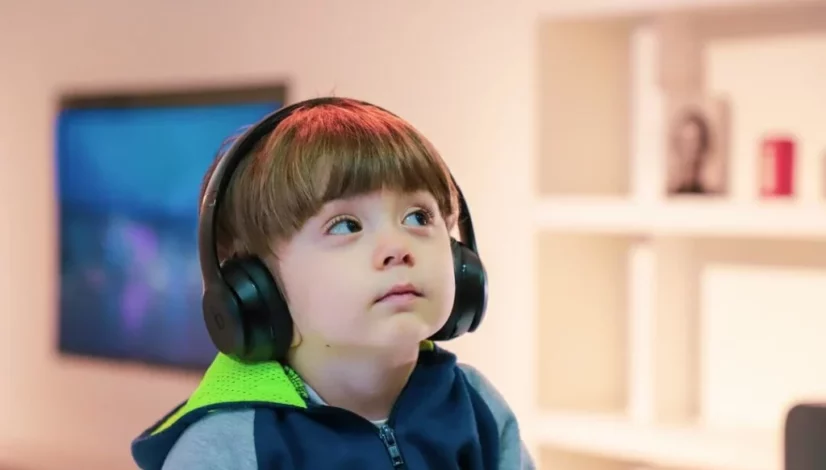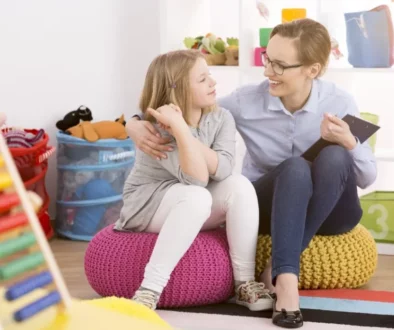Understanding the Importance and Process of Early Autism Diagnosis
An autism diagnosis is quite complex, especially for children under 5. Despite the challenge, studies show early diagnosis and intervention significantly improve life outcomes for these kids. Autism affects about 1 in 54 US children, according to the CDC. Early discovery likely leads to a better quality of life.
This article explores the importance of an early autism diagnosis and outlines the assessment process for Autism Spectrum Disorder.
Why Is an Early Diagnosis of Autism So Important?
So, what’s the significance of an early autism diagnosis? Mainly, it enables timely behavioral interventions while a child is still developing socially. Children with autism spectrum disorder often struggle in areas like communication and social skills. Although they can learn to compensate for some difficulties, it’s often a painful trial-and-error process.
When taught critical social skills in a structured way, autistic children can better tackle challenges with the right tools. A major issue for undiagnosed children and their loved ones is the inability of the child to accurately describe their experience. Adults diagnosed with autism later in life often say they knew they were different as children but lacked the language and understanding to express it.
In short, undiagnosed children may struggle daily without knowing how to ask for help. An early diagnosis provides the necessary language and knowledge to communicate about their challenges and seek assistance. Without it, they endure the pain of knowing they’re struggling but are unable to explain their needs to others.
The First Stages of Evaluation
In the first stage of screening your child for autism, parents or caregivers complete the M-CHAT-R, a tool for detecting autism in young kids. You’ll also give a detailed account of your child’s experiences.
After finishing the M-CHAT-R evaluation, a healthcare professional reviews the results along with the child’s developmental history. They’ll discuss these findings with you via teleconference.
This crucial step identifies potential autism indicators, determining whether you proceed to further autism evaluation stages.
The Vineland 3 Test
After the initial consultation, your child may proceed to the next stage: the Vineland 3 Adaptive Behavior Skills Test. Conducted during a second teleconference call, this test assesses your child’s adaptive functioning. It provides a thorough evaluation of their communication, socialization, and daily living skills.
Not only does this test further confirm an autism diagnosis, but it also helps create personalized early intervention strategies tailored to the child’s needs. For instance, if your child struggles with social interaction and is shy, this stage illuminates that fact. Consequently, the psychologist can develop an intervention to improve their social understanding, make more friends, and enjoy a richer childhood.
The Autism Diagnostic Observation Scale
Naturally, a child’s behavior in a clinical setting may not reflect their true selves. Hence, the third stage of the diagnostic process aims to confirm the findings from the first two stages by observing your child’s interactions with you in daily life. This stage eliminates medical professionals from the mix, as you’ll record videos of yourself engaging with your child based on specific guidelines.
These recordings will help score your child on the Autism Diagnostic Observation Scale 2, providing further insight into their social and communication skills. It allows psychologists to confirm whether their assumptions from previous tests hold true in everyday settings.
Structured observation is vital for an accurate autism diagnosis, as children may feel intimidated or confused during psychological evaluations, affecting their behavior. Observing them in a normal life ensures that the presence of psychologists isn’t significantly impacting your child’s conduct and confirms the reliability of the initial results.
Final Diagnosis
If the videos confirm the autism diagnosis and the psychologists agree, you’ll have a fourth appointment. You’ll receive a detailed report with the official diagnosis and recommended counseling services for your child. At this stage, you’ll discuss the path forward and ways to create an autism-friendly environment at home. You can also ask any questions about the condition.
Further testing options, such as hearing, genetic, or neurological tests, might be discussed. These are essential to rule out other conditions that could lead to misdiagnosis. For instance, if your child has hearing problems, it could be mistaken for social interaction struggles. They may not realize their hearing is abnormal due to limited experience.
Assuming further testing doesn’t reveal other issues, the autism diagnosis is finalized. You and your child can move forward with appropriate treatments and interventions.
Get Guidance and Support
After your child’s autism diagnosis, you’ll have regular meetings with healthcare professionals. These sessions monitor your child’s progress and offer guidance and support to your family. Modern autism interventions focus on working closely with families for comprehensive support.
By meeting with healthcare professionals, you stay informed on the latest autism research and treatment strategies. This ensures your child has the best chance at a fulfilling childhood filled with meaningful relationships. While forming relationships can be challenging for children with autism, early diagnosis and proper interventions improve their chances of a gratifying childhood with favorable outcomes.
The Importance of Ongoing Assessment
When your child receives an autism diagnosis in early childhood, ongoing monitoring and assessment are crucial as they grow. Just like neurotypical children, autistic children’s dispositions can change significantly over time. Although they won’t outgrow autism, their personality and outlook may evolve, necessitating adjustments in interventions.
For instance, an autistic child might be outgoing at a young age but become shy and withdrawn later on. In such cases, the focus of behavioral interventions should shift towards helping them navigate social interactions. Constant assessment ensures that your child receives the appropriate treatment and tools to tackle life’s unique challenges.
Of course, the ongoing assessment relies on the family’s cooperation. Active involvement and feedback often lead to better behavioral intervention outcomes. In short, the more psychologists know about your child’s disposition, personality, and struggles, the better they can tailor treatment to address their needs.
An Autism Diagnosis Makes Your Family Stronger
Do you suspect your child may have autism? It’s wise to get an autism diagnosis. While we don’t fully grasp autism, research shows that undiagnosed autism can be stressful and confusing. An assessment helps you understand your child’s behaviors, emotions, and abilities. It equips you and your child with tools to create growth plans.
In most cases, an autism diagnosis strengthens the family unit. If you’re ready to begin the diagnostic process, contact us today. We’ll book your first telemedicine appointment.



